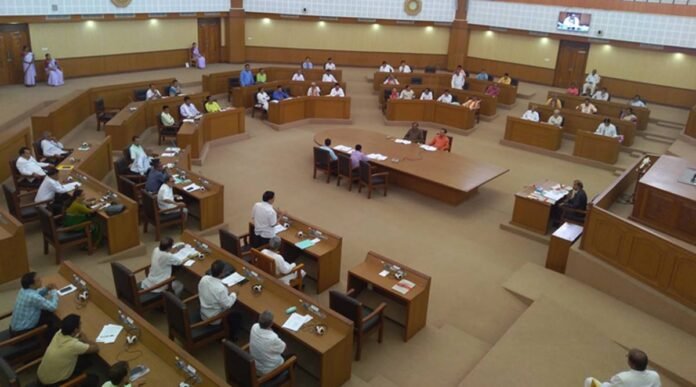The demand for the use of Roman script for the Kokborok dialect in Tripura has led to an uproar in the state assembly. Members of TIPRA Motha, the main opposition party in Tripura, are pushing for the change to be implemented in all levels of examinations, claiming that several tribal students opted out of the recently held school leaving examinations because the Roman script was not allowed.
This demand is just one of several contentious issues being raised by TIPRA, including a call for a “Greater Tipraland” – a separate state for Tripura’s 33% tribal population. While the demand for a separate state may require further deliberation, the use of the Roman script for indigenous languages is a more immediate concern that deserves attention.
It is important to acknowledge the significance of indigenous languages, not only as a means of communication but also as an important aspect of a community’s cultural identity. The Kokborok dialect, which is the second official language in Tripura, holds great importance for the indigenous people of the state, and they should have the right to choose which script to use for their language.
Moreover, the use of Roman script has been successfully implemented in other parts of the country, such as Nagaland, where it has been used for Naga languages. Therefore, there should not be any reason why it cannot be adopted in Tripura as well.
The Chief Minister’s suggestion for a discussion at a later date is not sufficient. It is imperative that the Tripura assembly takes swift action to address the concerns raised by TIPRA and ensure that the indigenous people of the state are not deprived of their right to use their language in a script of their choosing.
The use of Roman script for the Kokborok dialect is not a matter of preference, but a matter of cultural and linguistic identity. The Tripura assembly must act urgently to ensure that the demands of the indigenous people of the state are addressed, and their rights are upheld.


